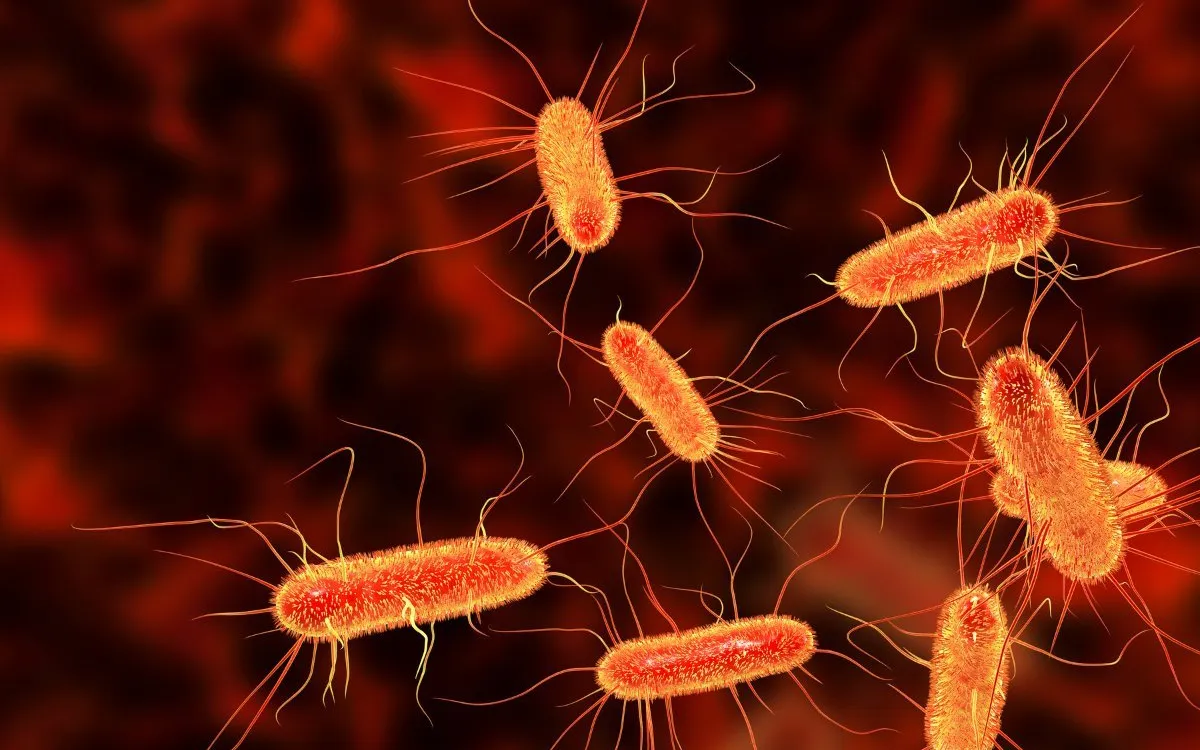
A recent study has unveiled troubling evidence that a common bacteria found in our gut may contribute to the early onset of colorectal cancer. Conducted by scientists at the University of California, San Diego, and published in the prestigious journal Nature, the research highlights a toxic compound known as colibactin, produced by certain strains of Escherichia coli, as a potential trigger for early onset colorectal cancer in young adults.
The study established a clear link between exposure to colibactin and an increased likelihood of developing colorectal cancer at a younger age. As rates of early onset colorectal cancer have been rising mysteriously in recent years, this research may shed light on the underlying causes. However, the researchers caution that more extensive investigations are necessary to confirm a definitive causative connection.
Colorectal cancer ranks as the fourth most prevalent cancer in the United States, with approximately 150,000 Americans diagnosed each year. It is also the second leading cause of cancer-related deaths, claiming around 50,000 lives annually. While the overall incidence and mortality rates of colorectal cancer have been declining, this trend does not apply uniformly across all demographics. In fact, the incidence of colorectal cancer has been increasing among young and middle-aged adults.
According to the American Cancer Society, the rates of colorectal cancer in individuals under 50 have surged by 2.4% annually between 2012 and 2021. Researchers have speculated that factors such as processed food consumption, rising obesity rates, and other lifestyle choices may contribute to this alarming trend. However, the recent findings regarding colibactin introduce a new factor to consider.
Initially, the study's researchers aimed to understand why certain regions report higher rates of colorectal cancer than others. To achieve this, they analyzed the genetic signatures of colorectal cancers from nearly 1,000 individuals worldwide, including both early and late onset cases. The analysis revealed that mutations linked to colibactin were approximately three times more prevalent in early onset cancers compared to their late onset counterparts.
Furthermore, the data indicated that these colibactin-related mutations tend to manifest early in tumor development, suggesting they play a significant role in fueling the growth of these cancers. Given that previous research has shown that colibactin-related mutations can appear as early as the first ten years of life, the authors argue that this toxin may serve as a critical catalyst for early onset colorectal cancer.
Senior study author Ludmil Alexandrov, a specialist in cancer genomics at UC San Diego, emphasized the importance of these mutation patterns as a historical record within the genome, indicating that early-life exposure to colibactin could be a driving force behind the rise of early-onset disease. However, the researchers also pointed out that colibactin might only represent one piece of a larger puzzle.
Interestingly, colibactin-related mutations were rarely detected in more rural regions, suggesting that other environmental factors, such as dietary habits or antibiotic usage, might facilitate the growth of colibactin-producing E. coli in areas like the United States. The researchers acknowledge that additional exposures could help explain the varying cancer rates observed in different countries.
The team's discoveries pave the way for future research that could lead to interventions aimed at slowing or reversing the trend of early onset colorectal cancer. They are currently exploring the potential of probiotics to eliminate harmful E. coli strains and are developing early detection tests to screen for colibactin-related mutations.
However, the success of these initiatives depends heavily on securing further funding. Alexandrov expressed concern over recent cuts to National Institutes of Health (NIH) funding under the Trump administration, which could significantly hinder cancer research efforts. He concluded, “If NIH funding cuts impact our ability to do this work, that will be, in my opinion, a substantial hit to cancer research not just in the U.S., but globally.”